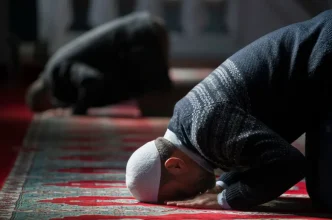Elections in Bangladesh may be held by end of 2025 or early 2026: Interim govt chief Muhammad Yunus

Bangladesh’s interim government leader and Nobel laureate Muhammad Yunus announced that general elections could take place by the end of 2025, contingent on the completion of electoral reforms. This announcement comes amid ongoing political turbulence in the country.
In a televised speech, Yunus highlighted the necessity of achieving political consensus and ensuring an accurate voter list before elections can be conducted. “If political consensus is reached and the voter list is prepared accurately with only minor reforms, it may be possible to hold elections by the end of 2025,” he stated.
Also Read:
However, Yunus noted that if additional reforms are required, the timeline could extend by at least six months. He emphasized that reforms and national consensus are critical to restoring democracy in the country.
Bangladesh has been under the leadership of an interim government since August when former Prime Minister Sheikh Hasina resigned and fled to India following widespread mass protests. The protests, led by students and supported by various factions, escalated to a point where the country’s army chief, General Waker-uz-Zaman, refused to back Hasina.
General Zaman, in a previous statement to Reuters, underscored the urgency of restoring democracy within 12 to 18 months. His stance played a pivotal role in facilitating Hasina’s departure, leaving the country under the temporary stewardship of Yunus.
Opposition parties, including the Bangladesh Nationalist Party (BNP), have been vocal in their demand for prompt elections. The BNP, one of the two dominant political forces in Bangladesh alongside the Awami League, has urged the interim government to expedite the electoral process.
Despite these demands, Yunus has maintained that electoral reforms and the preparation of a reliable voter list must take precedence. The 84-year-old interim leader reiterated that any rushed attempt to hold elections without these measures could undermine the credibility and stability of the democratic process.
Bangladesh remains at a crossroads as the interim government navigates its way through political uncertainty. The call for reforms reflects a broader desire to ensure transparency and fairness in future elections, but it also highlights the challenges of building consensus among polarized political parties.
Read all the Breaking News Live on pakistantimes.com and Get Latest English News & Updates from Pakistan Times. Follow us on Whatsapp channel for more.








